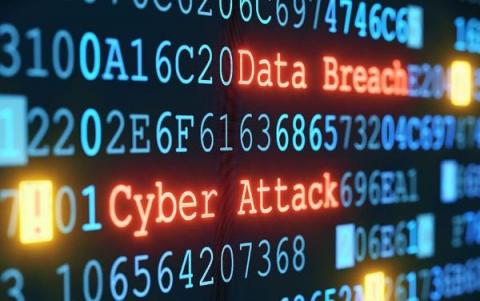Zero Day Defined: Zero-Day Vulnerabilities, Exploits & Attacks
Zero-Day” is an intriguing concept in the domain of cybersecurity. Imagine diligently following security best practices such as patching exploits and updating the systems regularly. Plus, you’re following strict risk management and governance frameworks within the organization to vet new software applications for security risk before adding them to your library. But what happens when the security flaws are novel — and a patch does not exist?











